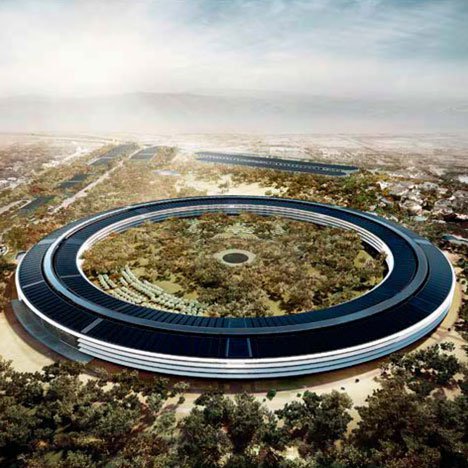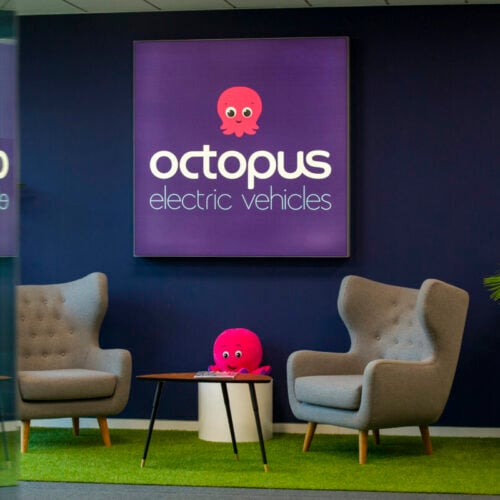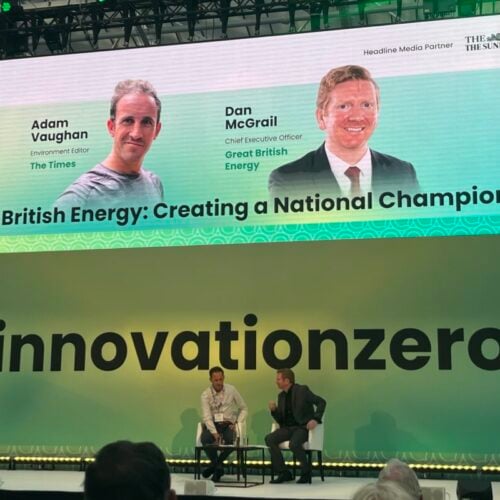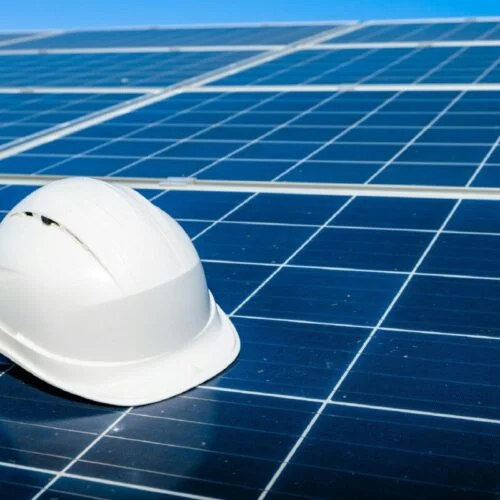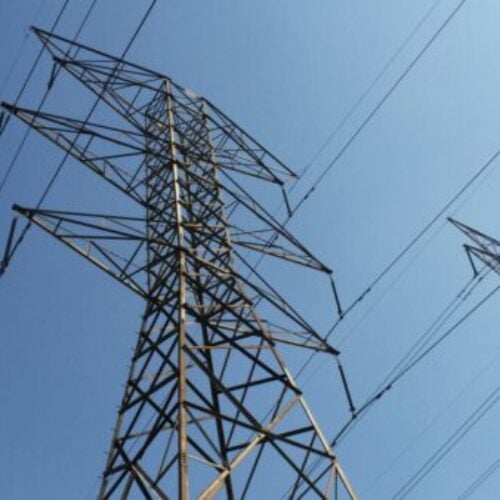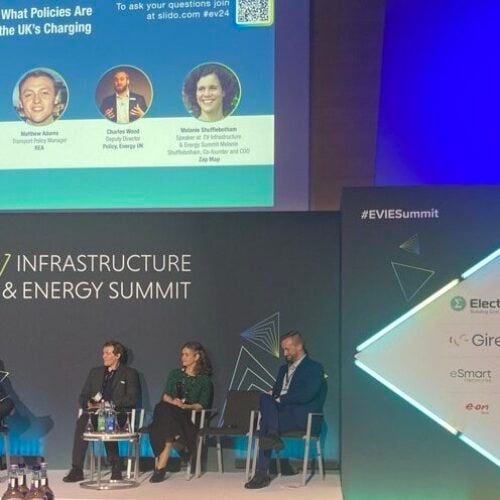Google, Apple or another tech giant is likely to enter the energy supply market in Britain within five years, a leading independent power company has predicted.
Co-op Energy, which has half a million customers, is convinced the move to smart meters, digitalization and decentralized power systems will bring in one of the world’s mega technology brands.
Asked at the Clean Energy Live conference in Birmingham whether the Co-op saw Amazon or a similar firm launching an energy tariff, Ramsey Dunning the chief executive of Co-op Energy said: “There is a very, very serious possibility (of a big name from the world of technology) coming within five years.”
“Amazon would probably not want the responsibility. It likes to sell products (rather than services) and be done with it.
“But could I see Apple or Google entering the market? Yes I could. I don’t think they will do it (immediately) round the introduction of smart meters but I could see it with other household applications.”
Companies such as Google have become increasingly interested in energy, firstly to serve their own growing needs for electricity to power their servers. Google already boasts of being the biggest corporate purchaser of renewable energy in the world. It has bought up 2GW of green power, mostly from wind and solar projects close to its data centres whether that be in the US, Sweden or Holland. It is committed to eventually serving 100% of its needs from clean power – as is Facebook.
But it also has a Google Energy subsidiary that in 2010 gained authority from the US Federal Energy Regulatory Commission to sell as well as buy power. It has not used this so far to start serving third party customers on mass.
Meanwhile Tesla, best known for its stylish electric cars, is offering to put solar panels on domestic roofs in Britain as well as providing battery storage systems to both householders and businesses.
A Tesla manager marketing vehicles and other products at the Birmingham show said its presence would continue to grow in the UK with new sales rooms and service centres being rolled out continually alongside a national network of charging points for its cars. Asked whether Tesla could eventually start to offer household power to British homes, he said: “We already do” because some Tesla deals involve getting free electricity from company charge points.
But the Tesla plan is geared round selling its physical products whereas Dunning is talking about the likes of Google using its brand name and digital expertise to mount competition against Centrica, SSE and the rest of the big six suppliers.
A tech giant with their massive brand recognition and with appeal to younger customers would also be a huge threat to the new independents which have just wrenched 16% of the market away from the big six.
The power supply sector is in need of a shake-up as a two year investigation by the Competition and Markets Authority found customers were often paying far too much because they were not switching to cheaper alternatives.
The likes of Google, Apple or even Uber-type technology brand could inject some glamour as well as expertise to marketing.
Smart meters will potentially give consumers much more control over their own supply and demand. But critics say householders may be suspicious of accepting smart meter advice from the big six due to past scandals around doorstep miss-selling and over-pricing.
